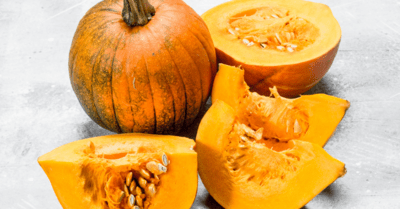
Pumpkin (फर्सी)
Pumpkin is a nutritious vegetable commonly consumed in Nepal. Here's an overview of its nutrients, health benefits, and consumption in Nepal:
Nutrients in Pumpkin:
...
Get Pumpkin (फर्सी) From Nearby Stores
No Recommendations Available
We couldn't find any stores with Pumpkin (फर्सी) products at the moment.